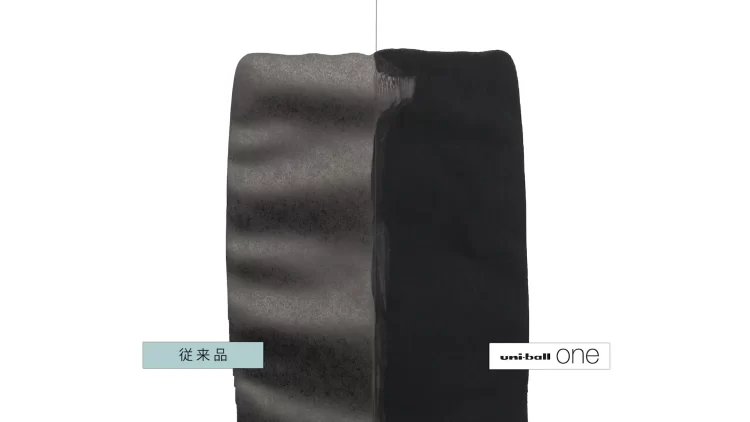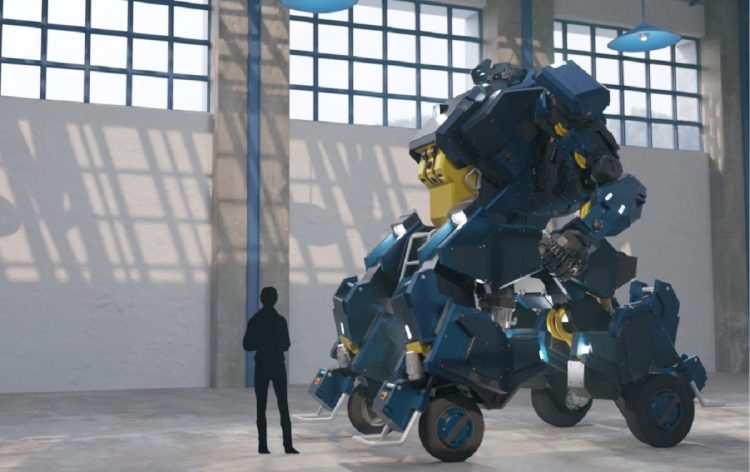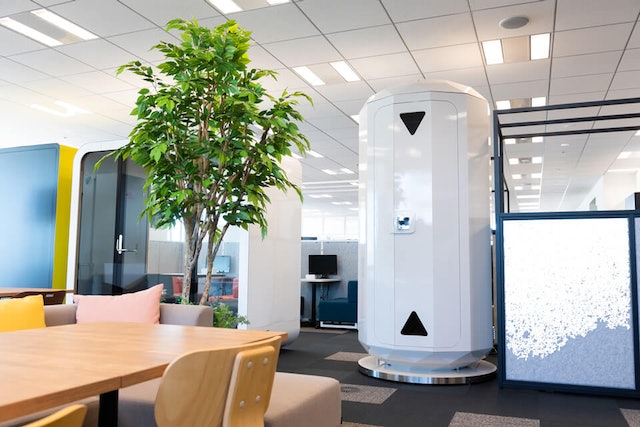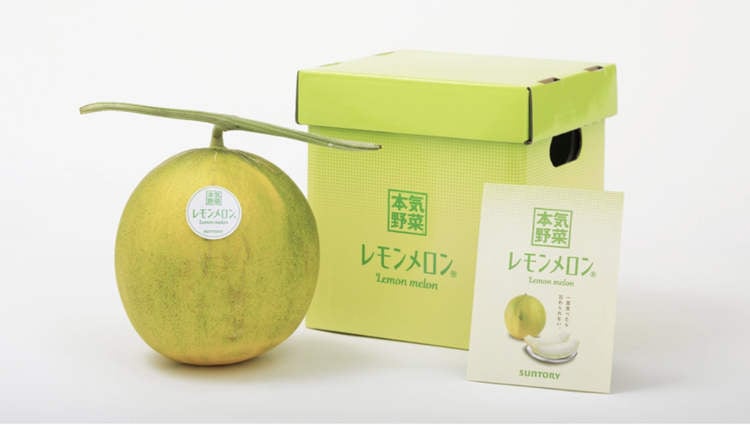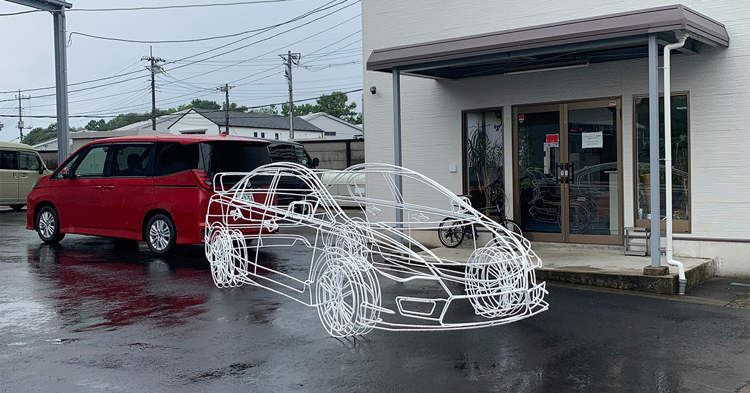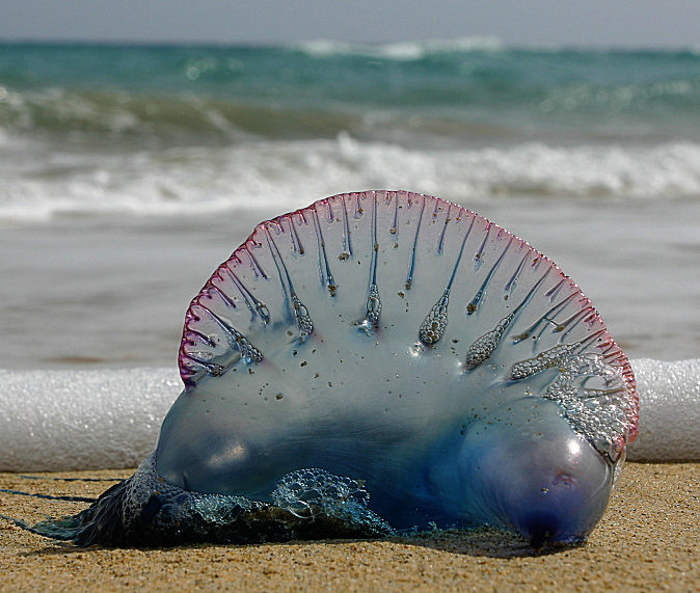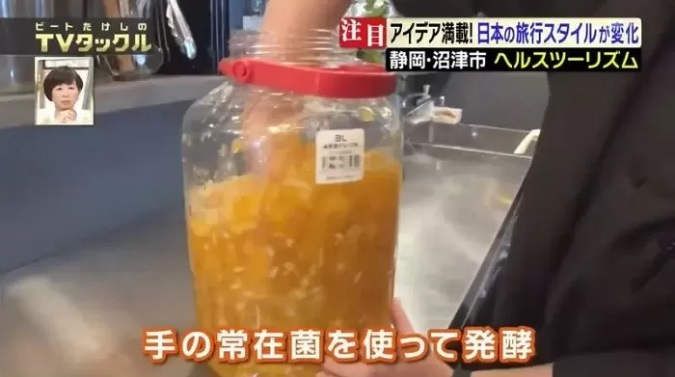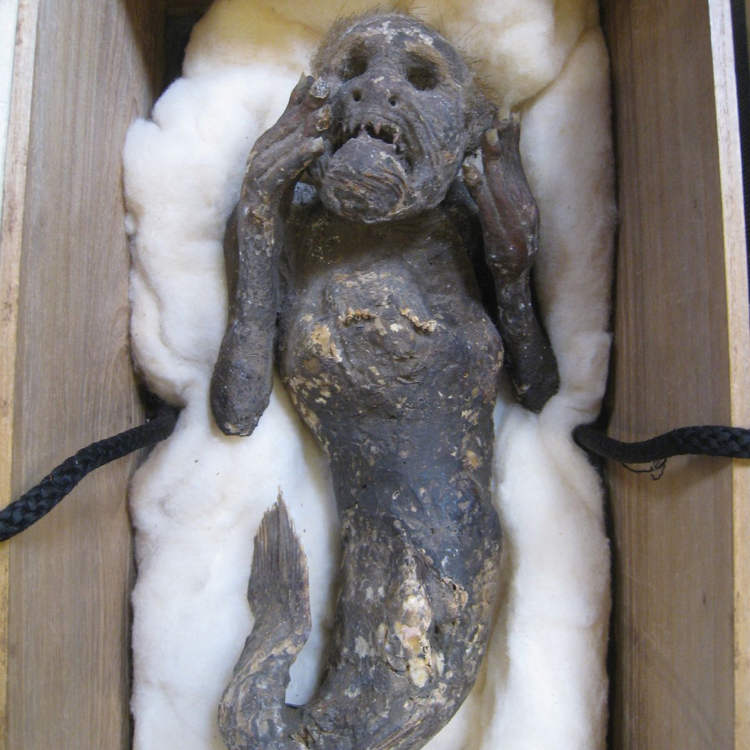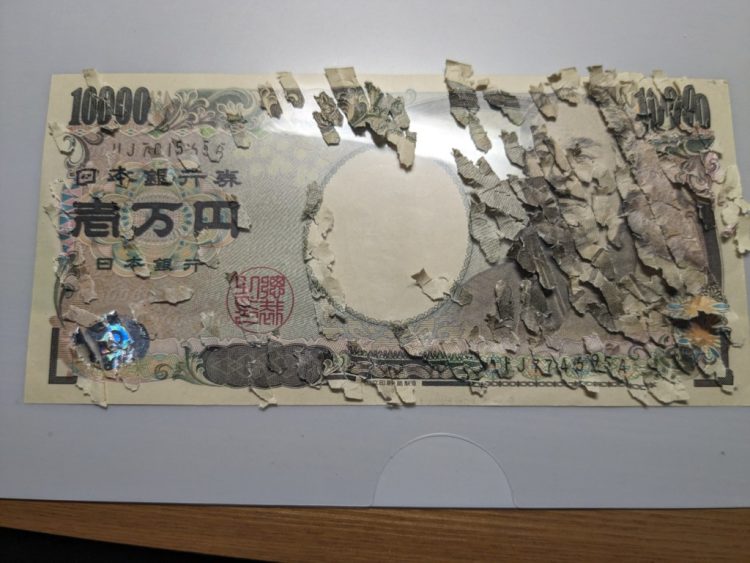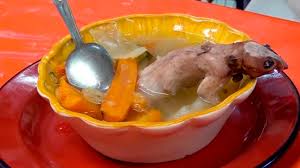Japan’s Mitsubishi Uni-ball ONE series black gel pen has been recognized as the world’s blackest gel pen by Guinness World Records.
When it comes to the world’s blackest paint, there is no competing with Vanta Black, but pen gel is a whole other matter. Mitsubishi Pencil Co.Ltd. now holds the record for the blackest gel pen, thanks to an innovative type of pigment-containing particles that seal the paint inside. When writing on paper, it can reduce the penetration of the gel into paper fibers, making the color look more saturated than other gel pens.

